Nature of Private Property
Property Owners Association v State of Maharashtra
The Supreme Court unanimously held that Article 31C as upheld in Kesavananada Bharati (1973) remains in the Constitution after the decision in Minerva Mills (1980). The majority also held that not all privately owned property is a "material resource of the community" in an 8:1 majority.
Decided

D.Y. Chandrachud CJI
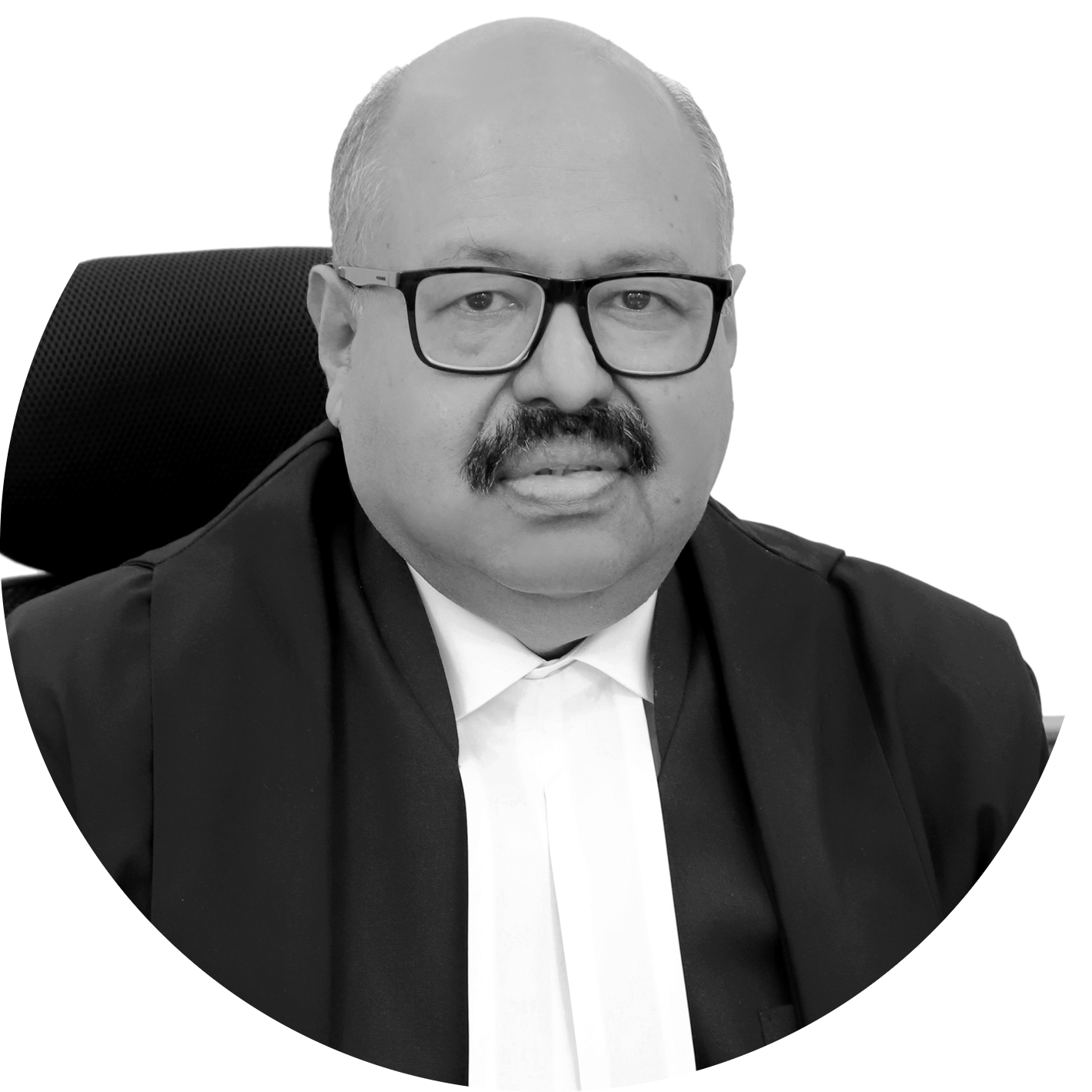
Hrishikesh Roy J

B.V. Nagarathna J
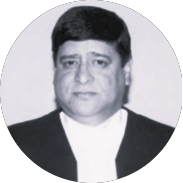
Sudhanshu Dhulia J

J.B. Pardiwala J
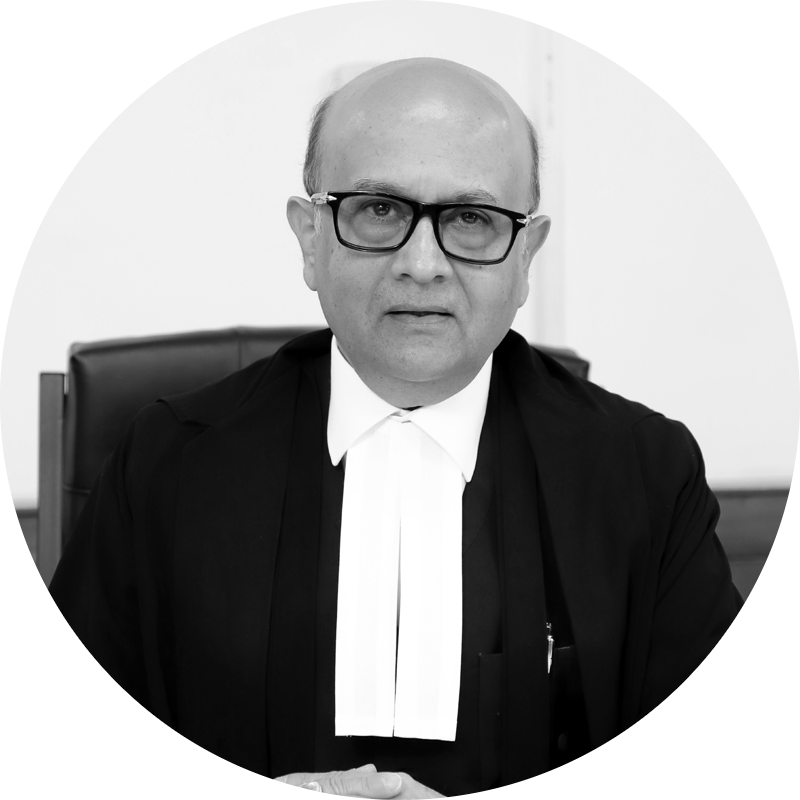
Manoj Misra J
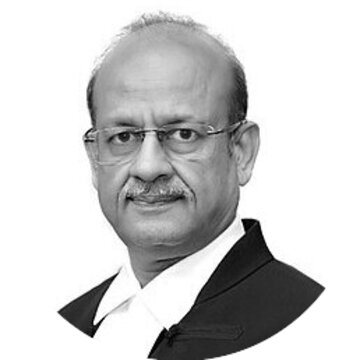
Rajesh Bindal J

S.C. Sharma J
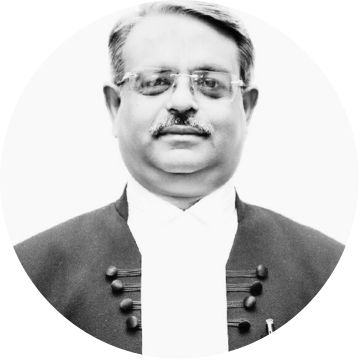
A.G. Masih J
Parties
Appellants: Property Owners Association
Lawyers: Gagrat and Co.
Respondents: State of Maharashtra
Lawyers: Attorney General R. Venkataramani, Solicitor General Tushar Mehta, Advocate M. Chirag
Case Details
Case Number: W.P.(C) No. 934/1992
Next Hearing:
Last Updated: July 8, 2025
Key Issues
Does “material resources of the community” under Article 39(b) of the Constitution include private property?
Case Description
Article 39(b) of the Constitution of India comes under the Directive Principle of State Policy. It imposes a positive obligation on the State to frame policy to ensure that the “ownership and control of material resources of the community” are distributed in such a way that they “subserve the common good.”
In 1977, a seven judge Constitution Bench of the Supreme Court, led by Chief Justice M.H. Beg delivered a judgement, in State of Karnataka v Shri Ranganatha Reddy. The judgement looked into the constitutionality of the Karnataka Contract Carriages (Acquisition) Act, 1976, a legislation brought about for the acquisition of all contract carriages operating in the State. The Court noticed that the question ultimately became about the scope of Article 39(b), and noted in a 4:3 majority, that privately owned resources did not fall within the ambit of “material resources of the community.” The minority opinion authored by Justice Krishna Iyer, however, held that both public and private resources fell within the ambit of “material resources of the community” under Article 39(b). Justice Iyer reasoned that if private resources were excluded from the “coils” of Article 39(b), it would “cipherise” the DPSP’s “very purpose of redistribution the socialist way.”
Five years later, a five-judge bench led by Justice Chinappa Reddy in Sanjeev Coke Manufacturing Company v Bharat Coking Coal Ltd. (1983) (‘Sanjeev Coke Manufacturing Company’) was deciding on the constitutionality of four Union legislations passed between 1971 and 1973 for the nationalisation of coking coal mines and non-coking mines, as well as well as various coke oven plants, two of whose owners had challenged the legislations. The Court affirmed Justice Iyer’s minority view in Ranganatha Reddy, and held that the expression “material resources of the community” could not be confined to natural resources or public owned material resources, and included private resources also. They stated that the “constitutional goal” was to establish a “a sovereign, socialist, secular’ democratic republic.”
In 1997, a nine-judge Constitution Bench in Mafatlal Industries Ltd. v Union of India (‘Mafatlal Industries Ltd.’), led by Chief Justice A.M. Ahmadi, while hearing a case regarding whether there can be claims of refund against unauthorised levy of tax, upheld the view in Sanjeev Coke Manufacturing Company. It noted that “material resources of the community” included privately owned resources and were not confined to public resources only.
Challenges of property owners in Maharashtra
In 1986, the State government of Maharashtra amended the Maharashtra Housing and Area Development Act, 1976 (MHADA) to insert Chapter VIII-A. This chapter allowed the Mumbai Building Repair and Reconstruction Board (MBRRB) to acquire certain “cessed properties” for restoration purposes with the consent of 70 percent of the residents. As per Section 1A, that was introduced through the amendment, the Act aims to implement the principles enshrined in Article 39(b).
The Property Owners’ Association (POA), a body representing over 20,000 landowners in Mumbai, filed the first petition in the case in 1991 challenging the amendments to the MHDA. They claimed that it conferred untethered power on MBRRB to forcibly take possession of residential complexes.
On 13 December 1991, the Bombay High Court dismissed the petitions. The Court reasoned that the government was duty bound to provide shelter to the common people. Further, they also held that Article 31C of the Constitution, bars any challenges on the grounds of Articles 14 or 19, if the statute has been enacted in furtherance of Article 39(b).
The POA, along with various other petitioners then moved the Supreme Court. This gave rise to a batch of connected matters such as Shivram Ramayya Yerala v State of Maharashtra through Secretary, and Pramila Chintamani Mohandas of Bombay, Indian Inhabitant v State of Maharashtra, which continue to remain among the oldest pending cases in the Supreme Court today. The case was first heard by a three-judge bench. However, on 1 May 1996, the bench referred the case to a five-judge bench for adjudication.
Conflicting judgements
On 21 March 2001, a five bench of the Supreme Court hearing the Property Owner’s case observed that there was a conflict between the majority judgement in Ranganatha Reddy and the decision of the five judge bench in Sanjeev Coke Manufacturing Company on the question of whether private property fell within the ambit of “material resources of the community” under Article 39(b) and referred the case to be considered by a larger bench.
On 19 February 2002, a seven-judge bench led by Chief Justice S.P. Barucha referred the case to a nine-judge bench. The bench found issue with the decision in Mafatlal Industries Ltd. and held that the view in Mafatlal had to be reconsidered. “We have some difficulty in sharing the broad view that material resources of the community under Article 39(b) covers what is privately owned,” they said.
Landowners and tenants enter into development agreements
While the matter remained pending, waiting to be listed before a nine-judge bench, it was alleged that no restoration work was actually undertaken by the Maharashtra government over the “cessed” properties that it had acquired. In many places, disgruntled landowners and tenants entered into Development Agreements amongst themselves to restore the properties themselves and prayed before the Supreme Court that the acquisition of the property be “stopped” and property be returned. The petitioners urged that if property were returned, tenants would be able to purchase their own flats and landlords would get sufficient “consideration.” On 3 July 2013, a three-judge bench, despite noting that the delay by the government was “inordinate”, refused to grant interim stay by noting that the relief asked for would go against the “very grain of the provisions of Chapter VIII-A.” It expressed “regret” for not being able to grant the relief.
2019 amendments to the MHDA
While the challenges lay pending, the state of Maharashtra amended the law again on 28 August 2019. This time, they made time-bound re-development projects a mandate. Per the new amendment, if landowners failed to restore property within a deadline, the state government would take over the property. While the state has maintained that this was a welfare legislation, landowners asserted a malicious intent on behalf of the state, to take away property and give it to wealthy contractors.
In August, 2019, POA’s president B.R. Bhattad alleged before the media that the state’s welfare reasoning was distorted and that the government actually wanted to acquire properties at “throwaway” prices and “parcel it out to big developers and contractors.”
A batch of petitions challenging the amendments of the MHADA were tagged together and currently lie pending before the Supreme Court. Of the 24 oldest pending cases at the Supreme Court, one third are matters tagged with Property Owners Association.
After the 2019 amendment, the matter was was heard by the Supreme Court only on 7 October 2023, when the Court announced that it would list pending nine-judge bench cases for hearing.
A nine-judge Constitution Bench led by Chief Justice D.Y. Chandrachud commenced hearing the case on 23 April 2024 and reserved judgement in the case on 1 May 2024 after five days of arguments.
On 5 November 2024, the bench delivered its decision. The majority led by CJI Chandrachud held that not all privately owned property is a material resource of the community. Rather, that privately owned property could be a material resource if it fulfils certain criteria. The majority also held that Justice Krishna Iyer’s observations in Ranganatha Reddy were inaccurate. Justice Nagarathna in her partial dissent agreed that privately owned property could become a material resource in certain circumstances. However, she disagreed with the majority’s view that Justice Iyer’s observations were incorrect. She emphasised that the observations were made in the context of a different political backdrop and therefore judges of the past could not be criticised for their decisions. Justice Dhulia dissented from the majority, holding that Justice Iyer’s opinions were accurate.
